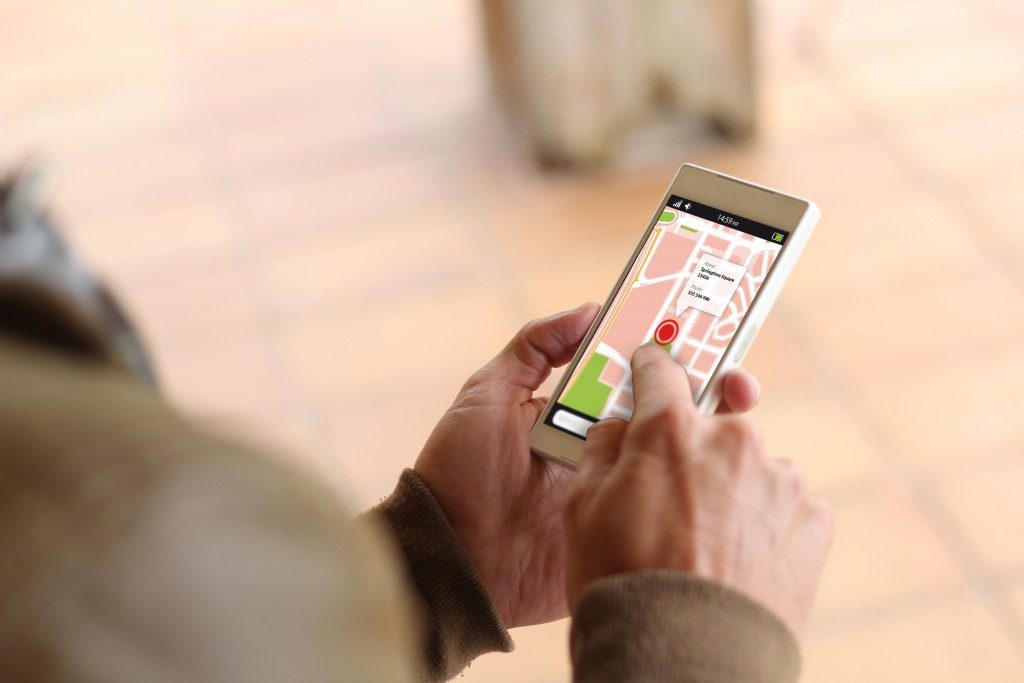Over the years, Global Positioning System (GPS) has proven its use to industries both commercial and in the military. And as GPS plays a crucial role in mission-critical devices, the need to guarantee performance grows.
To guarantee performance, there are various tests you can do to check GPS. This includes the use of live sky antenna, playback, and simulator. But before we proceed, let’s learn how GPS works first and what are the factors that affect its performance:
How GPS works?
GPS is a system made up of three parts: satellites, ground stations, and receivers.
More than 30 satellites are orbiting the Eart. These tell us where we are. They send you a signal in which the ground stations pick up. Then, the ground station sends this signal to your receiver.
The receiver will then calculate your distance from the four or more satellites. Then, it tells where you exactly are on the ground.
Factors that affect GPS performance
While the GPS satellites broadcast their signals in space with much accuracy, how you receive them depends on various conditions.
Some factors that affect GPS performance include the receiver’s design quality and features, atmospheric conditions, signal blockage, and satellite geometry. These conditions affect the accuracy, timing, and navigation of GPS.
3 Ways to Test GPS Performance
To know how accurate, timely, and precise navigation is, here are some ways to test your GPS.
-
Live Sky
In live sky testing, you use the available satellite signals in the sky via an antenna. This way of testing is also known as over-the-air-signals testing because it captures the overhead signals from the sky.
However, while live sky testing is simpler and cheaper than the other modes of testing, it poses many issues and limitations such as local interference and lack of control, scalability, and repeatability.
-
Record and Playback
Record and playback do what the words exactly mean. In this mode of testing, you record real-world signals and replay them infinite times to check the performance of your GPS.
But this only allows you to record and replay signals and can be limited by the quality of recording receiver and memory storage for the playback.
-
Simulation
Given the limitations of the two above, the use of a GPS simulator to test performance is the best choice so far. Its ability to modify all the parameters of the test scenario gives you more insight about your receiver. This is the most flexible option as it can generate a GPS signal, giving you confidence in the results it provides.
While the first two test options lack in some ways, they perfectly complement simulation to achieve more accurate and credible test results. You can use both to capture live sky signal, record and replay them over and over to simulate test scenarios.
If you want to test the accuracy, timing, and navigation of your GPS, these three ways can help you do that. But to compensate with the short-comings of the first two options, it’s best to utilize all three ways together to get more comprehensive test results.

